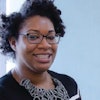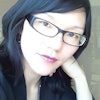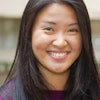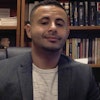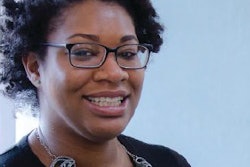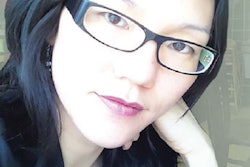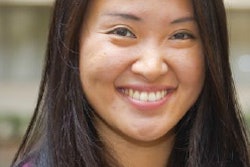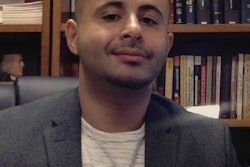The shiny new steel and glass laboratory that sits on the corner of campus at the University of Washington (UW) “looks like a high-tech company,” but it’s where James M. Carothers makes his research home. Microbes grow there and he and his research team move about in the brightly lit, modular laboratory.
This is the place that Carothers, an assistant professor of chemical engineering and an adjunct assistant professor, as well as a member of the Molecular Engineering & Sciences Institute and Center for Synthetic Biology at UW, investigates solutions to real-world problems. It is complex, grueling work, but what excites Carothers more than the process are what his efforts over the years are poised to yield — “new approaches to produce renewable chemicals” and one day reduce the need to use petroleum for some applications.
Even as a high school student who enjoyed and excelled at math, biology and technology, Carothers recalls the need he had even then to see the practical applications of all that he was learning and how it could ultimately benefit society. Using cells, Carothers later found a way forward.
As a graduate student at Harvard, Carothers began to develop “cellular design-driven approaches to re-engineer living systems for biotech applications.” And as a postdoctoral fellow and research scientist at the University of California, Berkeley, Carothers continued that work alongside pioneering synthetic biologist Jay D. Keasling. Carothers’ co-authored publications have been cited more than 1,200 times and his scholarship was recognized by the UW Innovation Award and the Alfred P. Sloan Foundation Research Fellowship in 2013.
But when this award-winning scholar goes in search of a few high school students to join him and his research team — the Carothers Research Group — in the lab, Carothers knows how to translate the work that he does in a way that makes even complicated science sound familiar and doable to teens.
“We’re trying to convert left over agricultural material into fuel to power your car. That’s how I usually start out,” says Carothers of his palatable pitch to students for whom the inside of a science lab and a university campus are unfamiliar places. But even among first-generation students, Carothers says he doesn’t worry about finding recruits: “The lab is exciting and new and the science sells itself.”
In 2008, as a postdoctoral fellow, Carothers cofounded the Introduction to College Level Experience in Microbiology (iCLEM) program for low-income high school students in the San Francisco Bay Area. It was a success — 100 percent of iCLEM participants have enrolled in college and 70 percent have majored in science or engineering.
